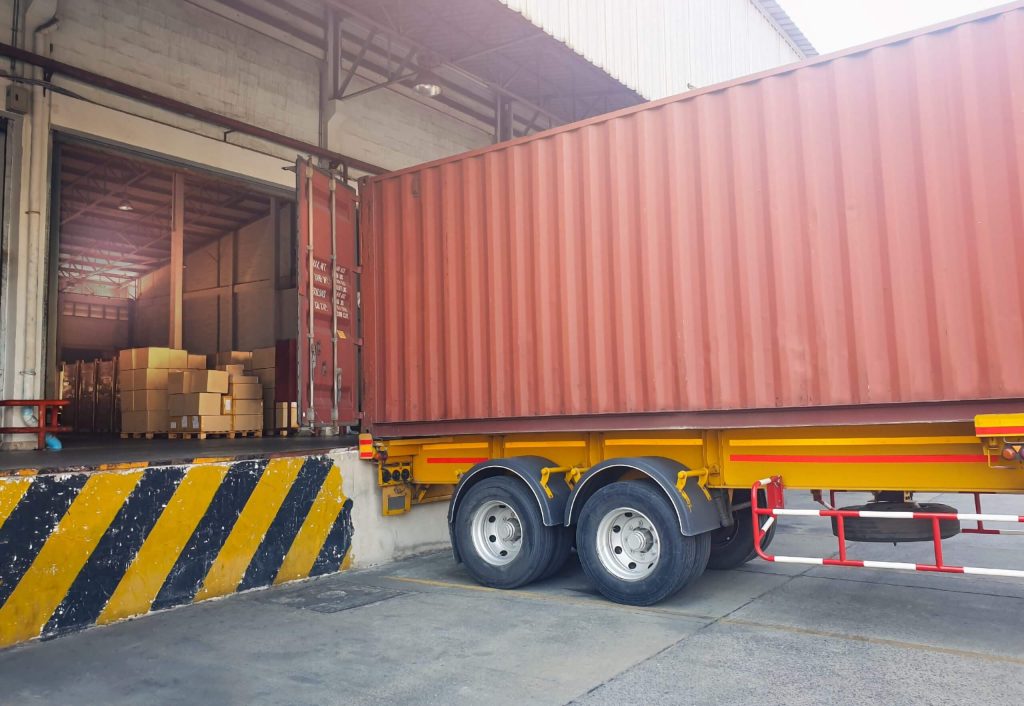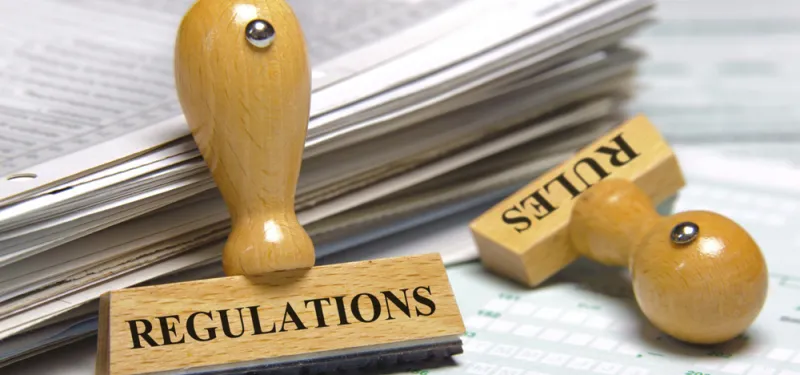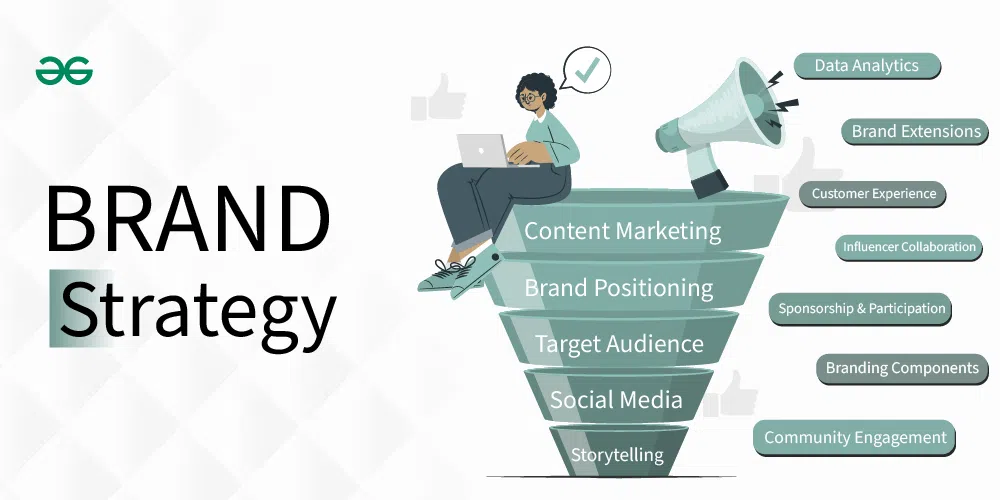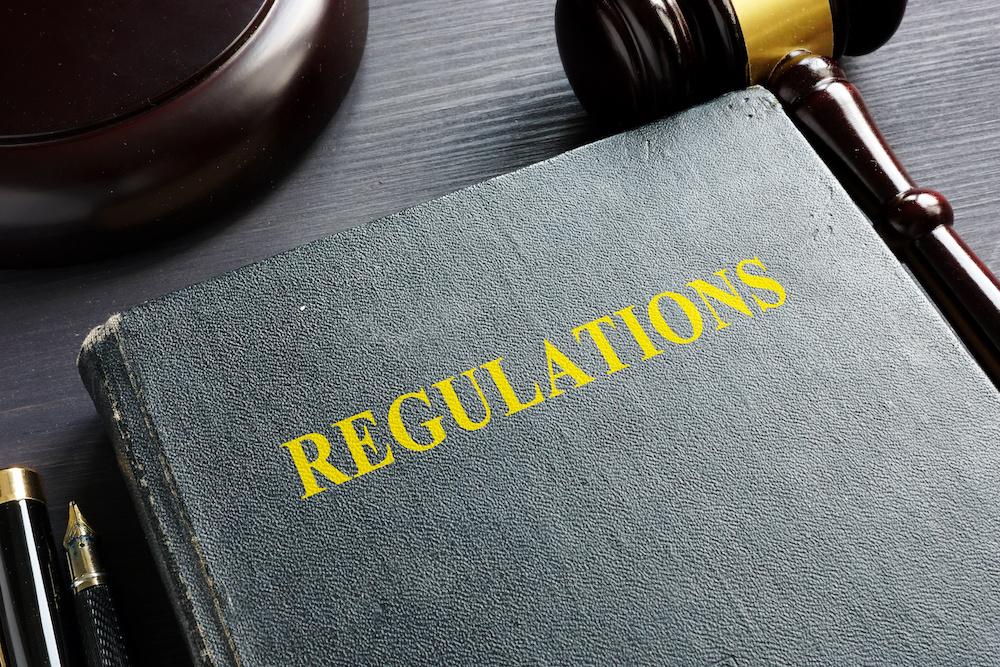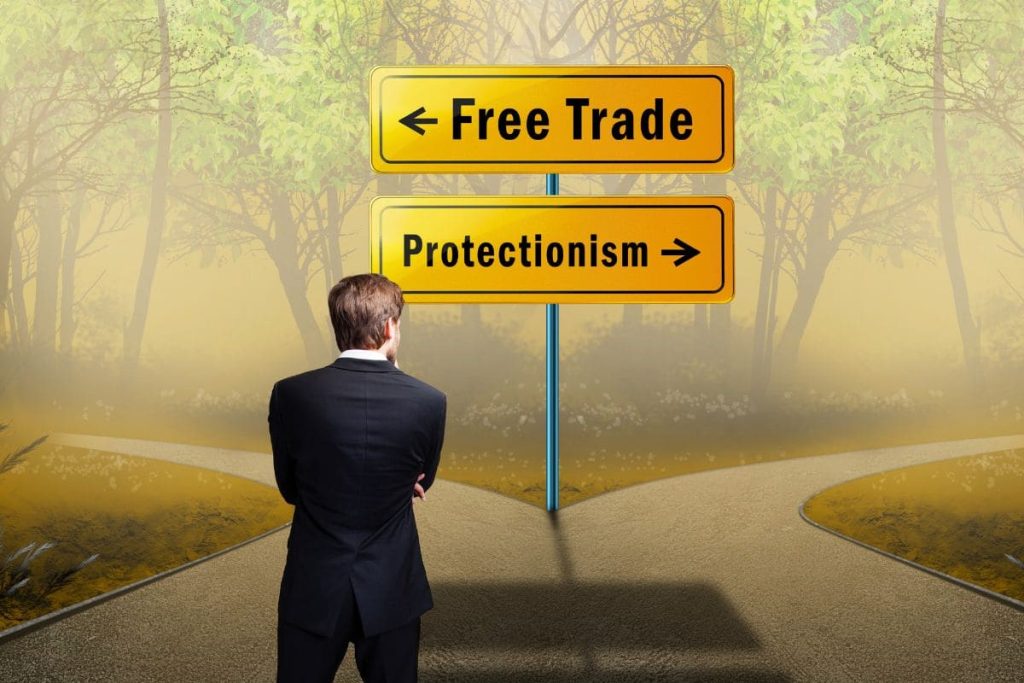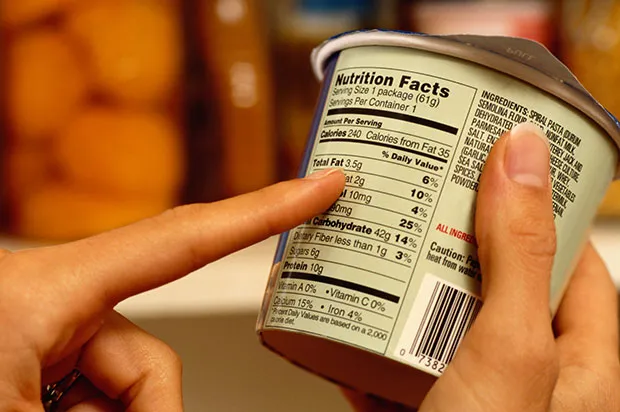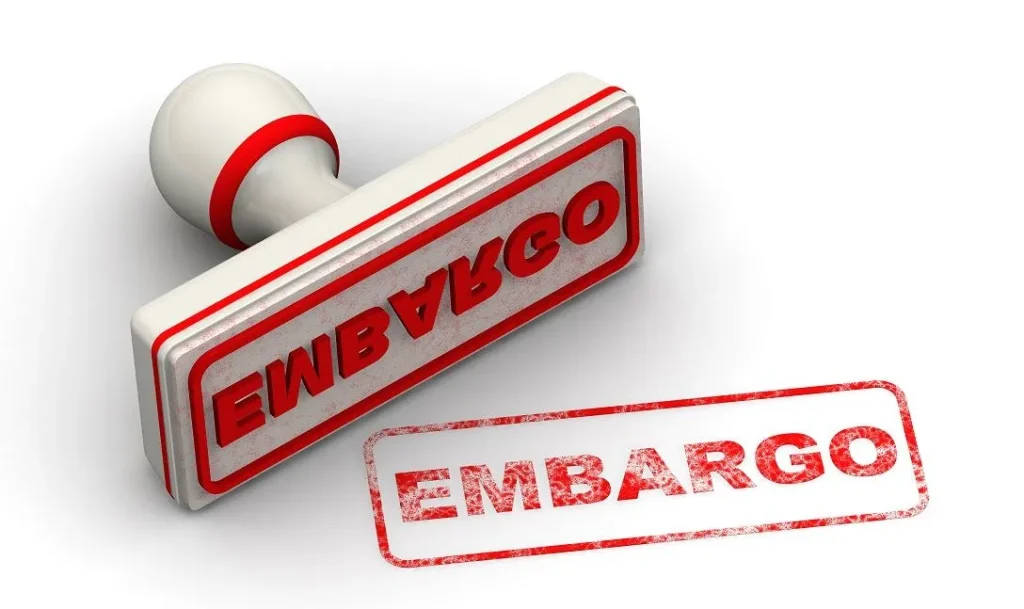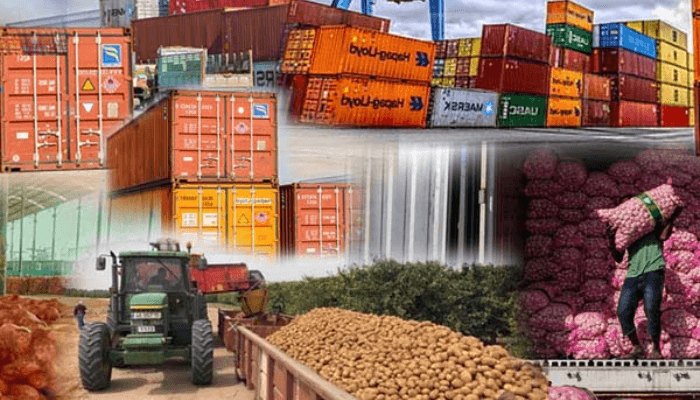
First time exporting?
You’re not alone—and you’re also not the first to run into unexpected regulatory problems.
Many small businesses make the same mistakes when going global.
Here are the most common regulatory pitfalls—and how to avoid them from the start.
1. Ignoring Product-Specific Regulations
Each country has unique rules for different product types.
- Cosmetics may require safety testing
- Food products often need health certifications
- Electronics may need compliance marks like CE or FCC
✅ Tip: Always research the destination country’s import requirements based on your product type.
2. Incomplete or Incorrect Documentation
Mistakes in:
- Commercial invoices
- Bills of lading
- Certificates of origin
- Export declarations
…can delay customs clearance or result in rejected shipments.
✅ Tip: Double-check all documents—or better yet, use a freight forwarder or export consultant to review them.
3. Misclassifying HS Codes
Using the wrong Harmonized System (HS) Code leads to:
- Incorrect tariffs
- Delays
- Fines
✅ Tip: Use your country’s customs portal to search accurate HS codes—or ask your local export authority for guidance.
4. Overlooking Packaging and Labeling Laws
Many first-time exporters use domestic labels and packaging, not realizing:
- Some countries require local language labeling
- Packaging materials may be restricted or banned
- Missing safety or ingredient info = product rejection
✅ Tip: Tailor your labels and packaging for each market you enter.
5. Not Knowing Export Controls and Sanctions
Some products and countries are restricted or banned entirely.
Even a “harmless” product can be blocked if it’s:
- Dual-use (civilian + military)
- Headed to a sanctioned country or entity
✅ Tip: Always check your government’s export control and sanction lists.
Conclusion
First-time exporters don’t need to know everything—but they do need to avoid the basics mistakes that cost time, money, and business.
Start smart, stay informed, and seek help when needed.
Because in international trade, compliance isn’t optional—it’s your ticket to success.

